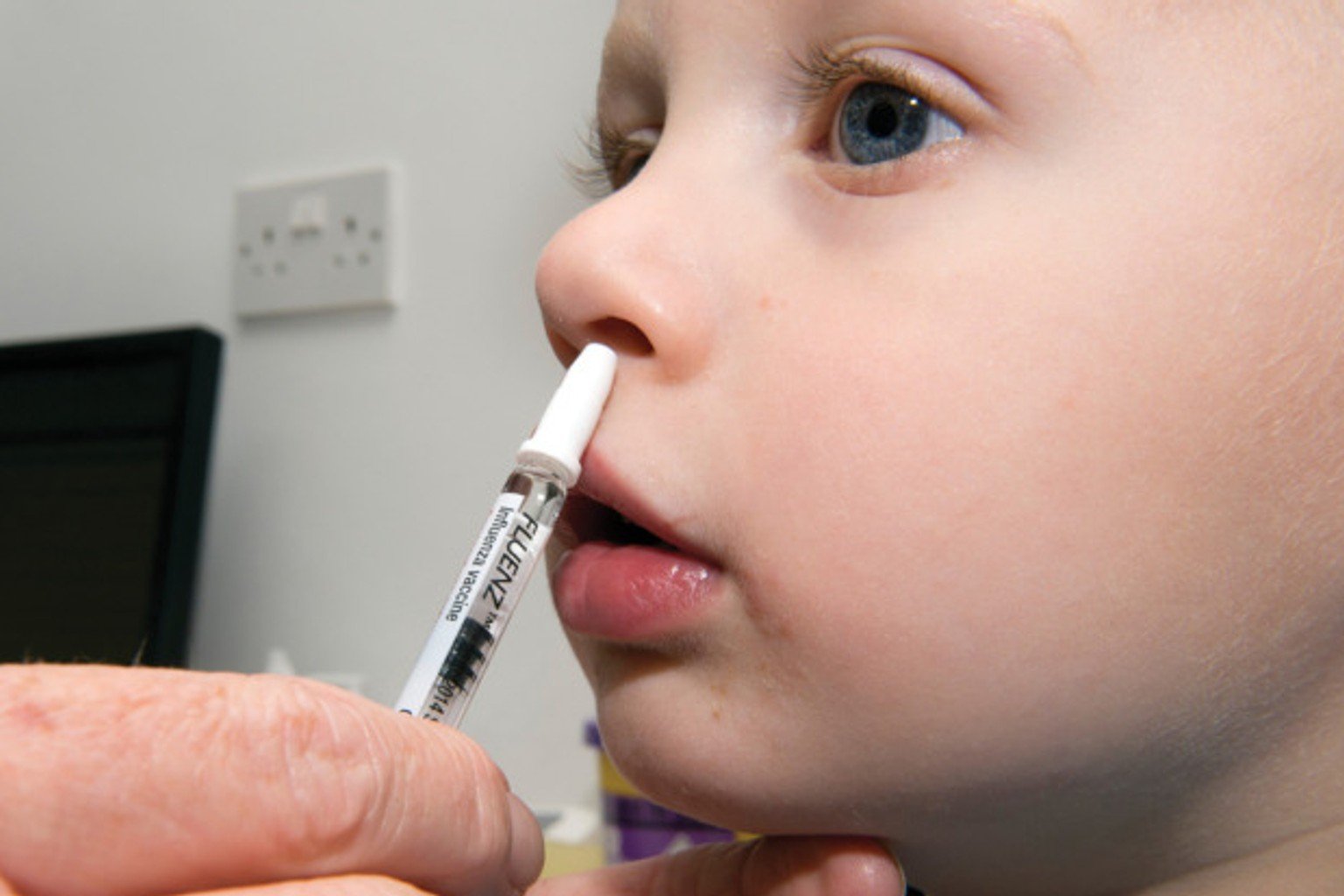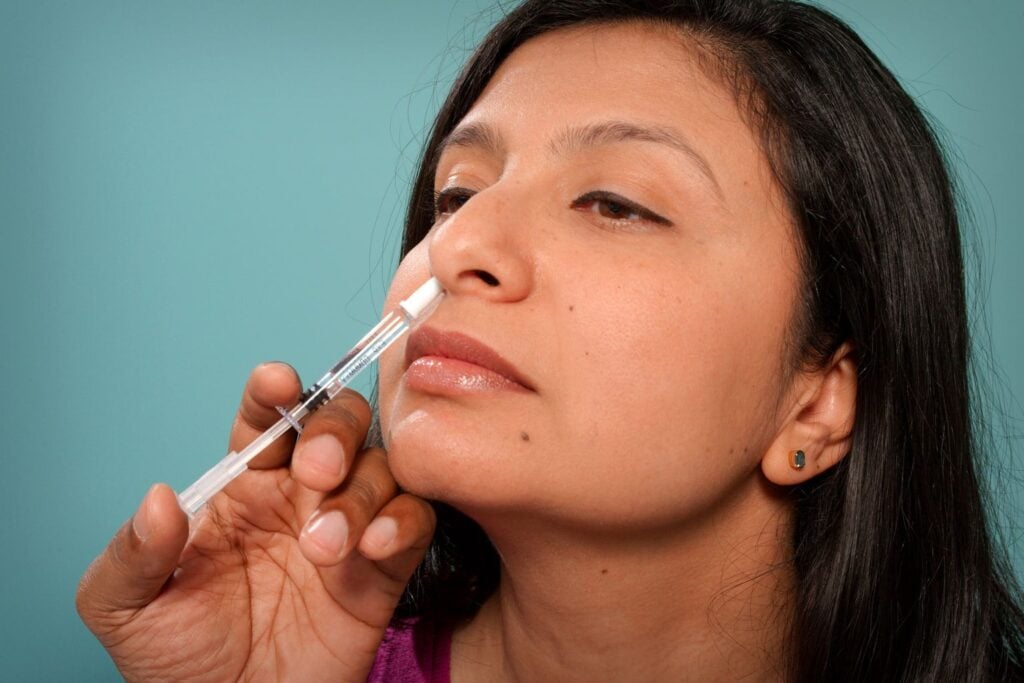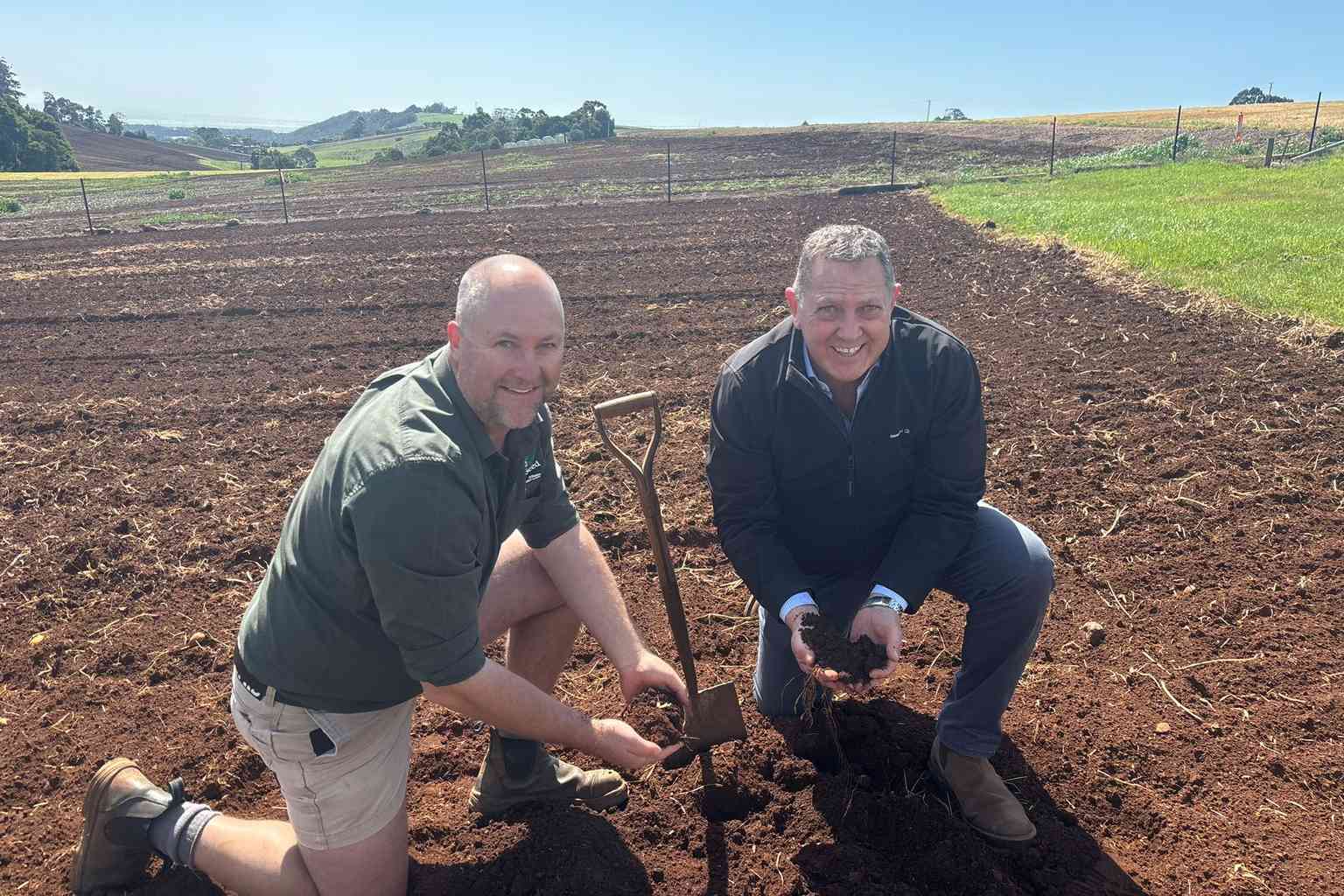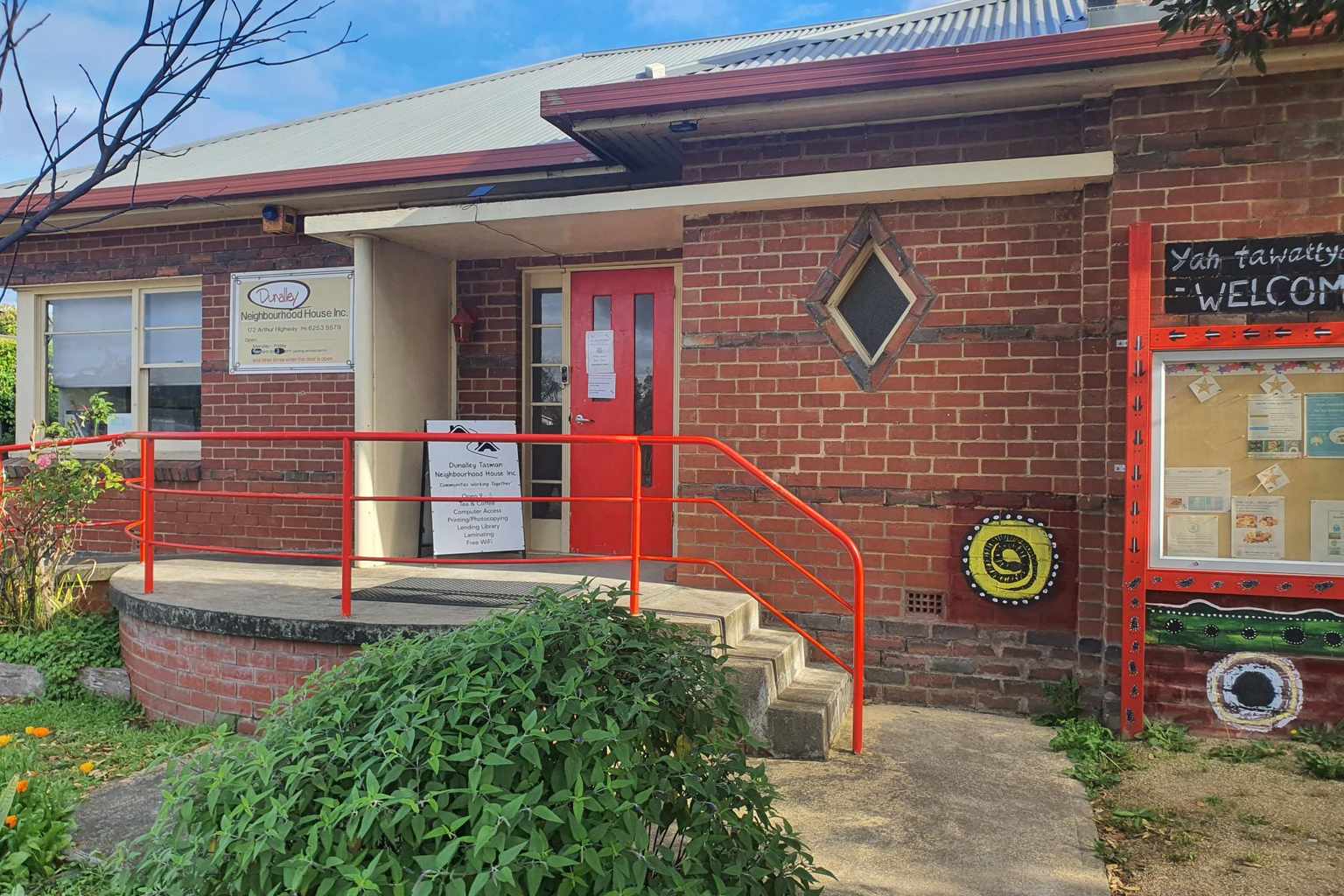GPs in Tasmania have called on the state government to fund free intranasal influenza vaccines for young children, warning the state risks being left behind as mainland counterparts commit to the program.
The Royal Australian College of GPs says Queensland, NSW, South Australia and Western Australia have all pledged to introduce the needle-free vaccines for children aged two to five ahead of next winter’s flu season.
Tasmania recorded more than 6500 laboratory-confirmed influenza cases this year, up from about 4000 in 2024, as part of a national surge that saw more than 391,000 cases across Australia.
RACGP Tasmania chair Dr Toby Gardner said the state could not afford to delay action.
“We must catch up,” he said. “Young children’s lives are at risk.”

Vaccination rates among Tasmanian children aged six months to five years have fallen to less than 30%, Dr Gardner said, with needle phobia presenting a significant barrier for families.
“Many children are fearful of needles and two thirds of parents tell us the level of distress they experience when thinking about vaccinating their child acts as a barrier,” he said.
The intranasal spray has been used successfully in several European nations for years.
“Intranasal sprays provide the same level of protection and have been thoroughly tested for safety and efficacy,” Dr Gardner said.
Finland, Britain, Italy and Spain “have seen substantial increases in vaccination coverage in high-risk patient groups” after introducing the nasal vaccine, he said.

Dr Gardner warned that “vaccine fatigue” following the COVID-19 pandemic may have contributed to declining immunisation rates for other diseases, including influenza.
Young children, the elderly and people with chronic conditions face the highest risk of severe complications from influenza.
Though Dr Gardner noted “anyone, even otherwise young and healthy adults, can end up in hospital after contracting this virus”.
“There’s no point looking in the rearview mirror, let’s rollout this new intranasal vaccine and do all we can to ensure next year’s flu numbers are heading in the right direction,” he said.







